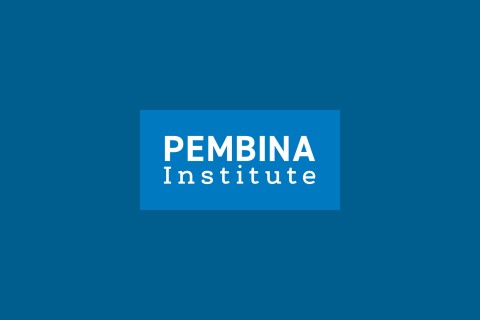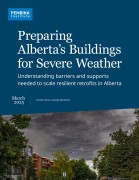The Clean Development Mechanism (CDM) was established under the Kyoto Protocol to the United Nations Framework Convention on Climate Change (UNFCCC) in late 1997. However, several issues related to the implementation of the CDM were the subject of intense negotiations leading up to COP-6, the sixth session of the Conference of the Parties to the UNFCCC in November 2000, and the continuation of these negotiations in June 2001. This paper was prepared in June 2000 and summarizes the views of the Tata Energy Research Institute (TERI) and the Pembina Institute on several of these key issues. These issues concerned the governance and mechanics of the CDM, and have implications for the environmental effectiveness of the Kyoto Protocol and for its contribution towards sustainable development in developing countries.This paper does not address all the specific areas covered in the negotiations. It does, however, present a consensus view on a number of important issues that were of interest to Pembina and TERI. The issues covered in the paper include:
- capacity building in developing countries,
- equity among developing countries for participation,
- supplementarity of trading to domestic action,
- fungibility among the three Kyoto mechanisms,
- baseline determination,
- project additionality criteria,
- sustainable development criteria,
- role of the Executive Board and COP/MOP (Meeting of the Parties) and other institutional issues, and
- configuration of the adaptation fund and administrative charges.









